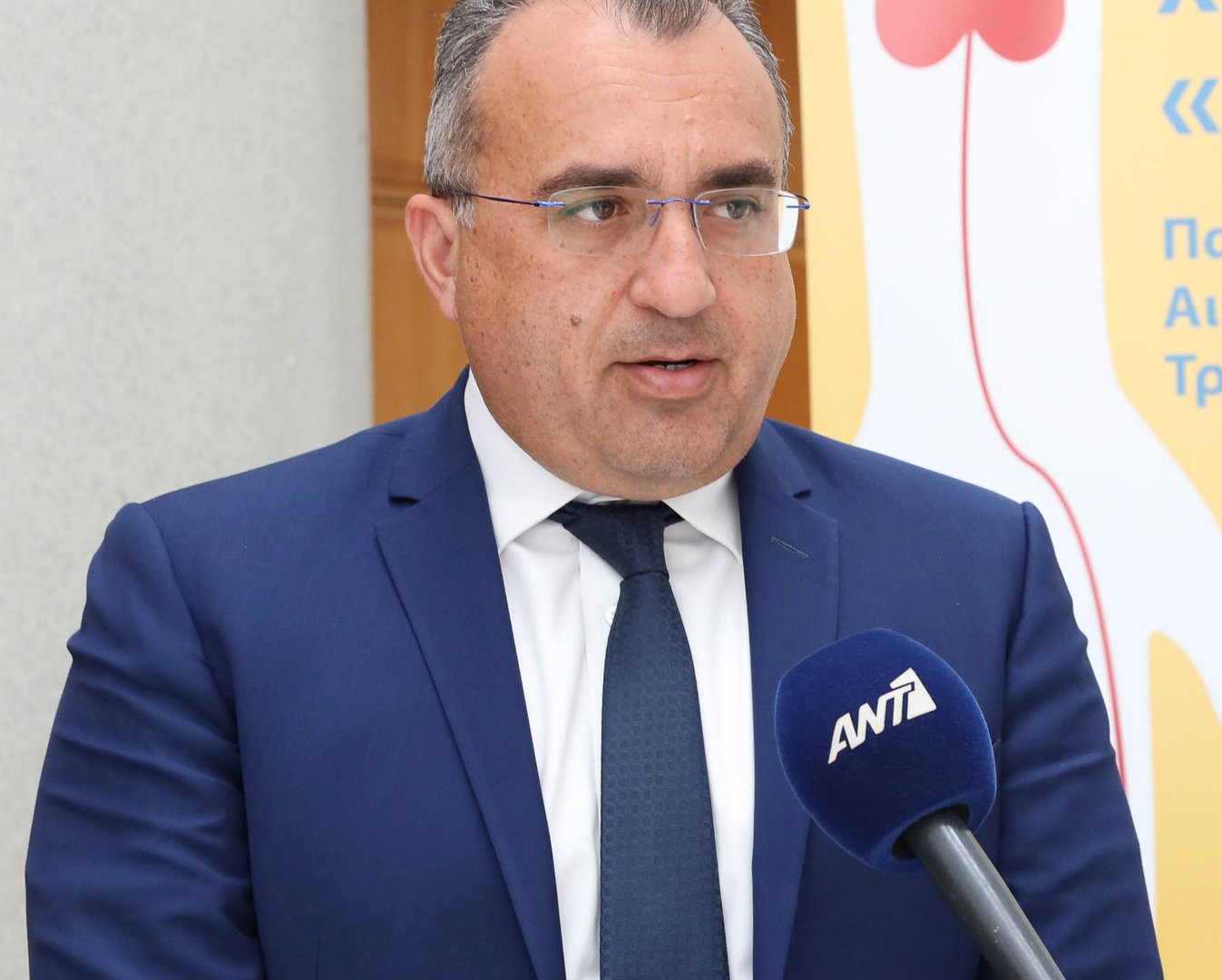Health Minister Michalis Hadjipantelas on Tuesday joined the first and current directors of the Cyprus Institute of Neurology and Genetics (CING) in Nicosia, Lefkos Middleton and Leonidas Phylaktou, to highlight the institute’s contribution to scientific research and health care.
The event was held to mark DNA Day, on April 25 globally to commemorate both the completion of the human genome project and the discovery of the double helix structure of DNA.
It saw Middleton recount the rapid discoveries in genetics and highlight the ethical dilemmas science, and humanity more generally, face. As examples he cited potential pressure for ‘designer babies’ and the threat of biological war.
What started as a vision for a model centre for genetics in the Mediterranean developed into CING, with the financial support of the US government and support from the government of Cyprus, he said.
Research was initially focused on non-hereditary diseases, but with the progress achieved, scientists have extended this research to the field of treatment for more than 3,000 hereditary conditions.
Current CING director Phylaktou noted that genetics in Cyprus started to develop with the institute. “Since them we count a number of discoveries which have helped us deal with illnesses, mainly those that we face in Cyprus,” he said.
Since its inception in 1990, CING has also offered specialised services to meet patients’ needs. Examples include services for neurogenetic and neuromuscular conditions, genetic diseases and syndromes, thalassaemia tests, tests for rare or common illnesses, various types of hereditary cancer, heart issues, viral and bacterial infections and metabolic diseases and cytogenetic syndromes.
The forensic genetics lab provides services to the police, contributing to DNA checks on evidence to assist investigations into serious offences.
And as a reference centre, it has undertaken many national prevention programmes such as prenatal screening for thalassaemia and Down syndrome, the genetic screening programme for breast cancer and Friedreich’s ataxia and for infections and epidemics.
The health minister praised the work of Middleton, noting that CING — founded in 1990 as a bicommunal, non-profit organisation – has made its name for pioneering research and high quality clinical and lab services while also offering post-graduate education in neurology, genetics and biomedical sciences.
CING was among the first centres to join the general health system (Gesy), he said, and spoke also of long-term cooperation with the state based on mutual respect and support which was confirmed during the pandemic.
CING’s molecular virology unit was on the front lines of dealing with the pandemic, as it was the first lab here to offer molecular diagnosis for coronavirus.







Click here to change your cookie preferences